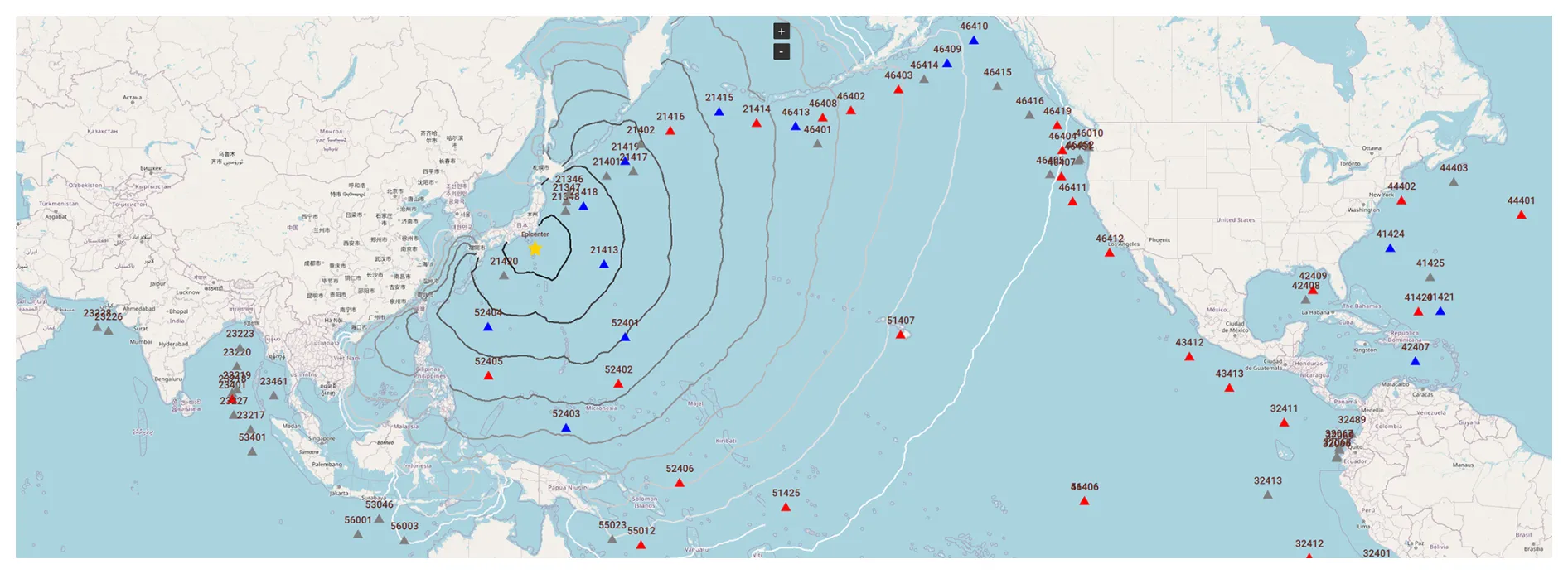Los sistemas de redes como Internet requieren para operar protocolos espescíficos para sus usuarios. Uno de ellos es el relativo a la identificación de los dispositivos utilizado para enviar información entre ellos, como el iPv4. Estas siglas se refieres a Internet Protocol version 4. Esta es la primera versión de alcance masivo que fue implementada en 1983. Por ello, muchos sistemas que fueron surgiendo con el tiempo se adecuaron al funcionamiento de este protocolo como es el caso de los servidores VPS Honduras administrados y VPS Honduras no administrados que proveen a los usuarios de una IP iPv4 en VPS Honduras.
El mencionado protocolo se creó a partir de un estimado de crecimiento de la red en ese momento. Asimismo, cabe su relevancia en tanto es el principal protocolo utilizado en el nivel de red del modelo TCP/IP para Internet, por lo cual es aplicable a los sistemas VPS Honduras, debido que estos cuentan con un IP para VPS Honduras especial para sus usuarios.

What is IPv4?
IPv4 is a data-dedicated protocol used for communication between networks. Since it is an initial protocol that does not consider many of the current Internet users’ needs, some of the detected drawbacks of IPv4 include the lack of reliability in its datagram service, the absence of guarantees for data delivery or correction, and the presence of duplicate or out-of-order packets.
IPv4 establishes a 32-bit address protocol, which generates a maximum possibility of 4,294,967,296 unique addresses. Due to this limited number of possibilities, the wastage of some addresses, and the exponential growth of Internet use, IPv4 addresses began to run out. This depletion process led to the official exhaustion of IPv4 addresses on January 31, 2011.
While IPv4 uses general 32-bit addresses, it also reserves blocks of different addresses for private networks (16,777,216) and for multicast addresses (268,435,456).
The 32-bit IP addresses are 32-digit binary numbers that identify devices. These 32 bits are divided into four sections of 8 bits each. Each section is then converted into a decimal version, separated by dots. This results in IP addresses like 192.168.0.1.
These 32-bit IP addresses consist of a network identifier section and a host identifier section. The proportion of these is determined by the class to which the address belongs.
IPv4 Address Classes
- Class A
Feature: Supports large Internet networks
Composition: The first 8 bits represent the network, and the remaining bits represent the host
Identification: First octet with a value between 0 and 127
- Class B
Feature: Designed for medium-sized Internet networks
Composition: The first 16 bits represent the network, and the remaining bits represent the host
Identification: First octet with a value between 128 and 191
- Class C
Feature: Supports small Internet networks
Composition: The first 24 bits represent the network, and the remaining bits represent the host
Identification: First octet with a value between 192 and 223
- Class D
Feature: Supports multicast networks (where a single sender transfers data simultaneously to a group of receiving nodes)
Identification: First octet with a value between 224 and 239
- Class E
Feature: Dedicated to experimental networks
Identification: First octet with a value between 240 and 255

Cabe destacar que este tipo de orden por clases se restringe a las direcciones que utilizan el iPv4, pues en el protocolo posterior, no se utiliza esta clasificación. No obstante, cabe señalar que aún existen IP iPv4 para VPS Honduras tanto en sistemas domésticos como en servidores VPS Honduras administrados y servidores VPS Honduras no administrados. Respecto de VPS Honduras, cabe destacar que, debido a que se rige por el iPv4, los servidores VPS Honduras solo brindan opción a una IP VPS para Honduras; en contraste con la posibilidad de tener múltiples que brinda el protocolo posterior.
Causes of IPv4 Address Exhaustion
- Mobile Devices
The growth of mobile device access and associated technological advancements that allowed Internet access from these devices created an additional demand that IPv4 could not remotely meet, as it was designed for more traditional devices.
- Always-On Connections
Since Internet connections in the 90s depended on telephone lines, this reduced the pressure on IP addresses. This was because dial-up connections were normally disconnected. As a result, permanent IP addresses were not required. However, in 2007, broadband access reached 50% of the market. This system, by allowing permanent connections, requires a continuous IP.
- Demographic Growth on the Internet
As Internet use became widespread, especially with broadband, the number of users and devices grew exponentially.
- Inefficient Use of Addresses
As mentioned, IPv4 allocated addresses for special purposes. Similarly, some organizations obtained more IP addresses than they really needed. For example, large companies and universities received blocks of 16 million Class A IPv4 addresses.
Due to these challenges and constant technological advancements, the IPv4 system was unsustainable and led to address depletion. For this reason, a new protocol was created to meet today’s growing demands—IPv6.

En ese sentido, se produjo una migración al iPv6 cuyo sistema se ajusta mejor a la tecnología que manejamos actualmente. No obstante, cabe destacar que la migración requiere un cambio en los equipos, de modo que sean compatibles con el nuevo protocolo. Asimismo, se debe verificar que el proveedor de Internet lo tenga habilitado. En. Contraste, cabe destacar que muchos de los servicios de virtualización ya se han adaptado a brindarlos para el nuevo protocolo. Este es el caso de VPS Honduras, el cual, tanto en su versión VPS Honduras administrado o VPS Honduras no administrado, opera para ambos protocolos brindando un IP para VPS Honduras que sea compatible con las necesidades de sus clientes. Estos sistemas de compatibilidad, como el VPS Honduras, permiten que se facilite el proceso de migración.
Focusing on the reality of the Latin American region, IPv4 addresses were exhausted in August 2020, according to LACNIC (the company in charge of managing IPs in the region). However, migration has not yet been completed. Only Mexico and Brazil are leading the change.





